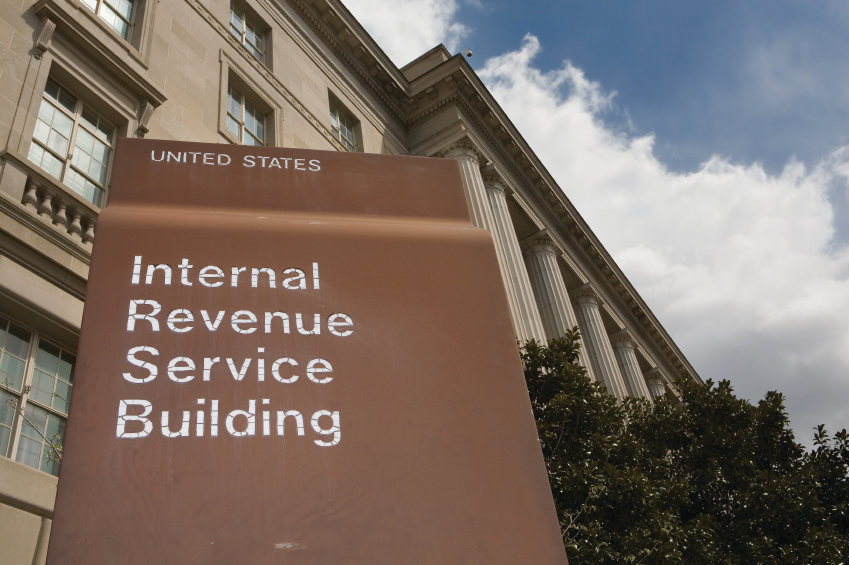The nation’s more than 768,000 federal tax return preparers must renew their Preparer Tax Identification Numbers (PTINs) for 2019. All current PTINs will expire Dec. 31, 2018.
Tax preparers nationwide should renew their Preparer Tax Identification Numbers (PTINs) if they will continue to prepare taxes in 2019. The ID numbers expire at the end of each calendar year, Dec. 31.
Anyone who prepares or helps prepare any federal tax return, or claim for refund, for compensation must have a valid PTIN from the IRS. The PTIN must be used as the identifying number on returns prepared. Failure to have and use a valid PTIN may result in penalties.
“We ask that you renew your PTIN as soon as possible to avoid a last-minute rush,” said Carol A. Campbell, director, IRS Return Preparer Office. “It’s easy to let this slip as the holiday season approaches.”
For those who have a 2018 PTIN, the renewal process takes a few moments online. Those who cannot remember their user ID and password can find online tools to assist them. Preparers can get started at www.irs.gov/ptin. If registering for the first time, the PTIN application may also be completed online. There is no fee for obtaining or renewing a PTIN.
Paper Form W-12, IRS Paid Preparer Tax Identification Number Application and Renewal, is available for paper applications and renewals, and takes four to six weeks to process.
All enrolled agents, regardless of whether they prepare returns, must renew their PTIN annually in order to maintain their active status.
Annual Filing Season Program participation kicks off
The voluntary IRS Annual Filing Season Program is intended to encourage non-credentialed tax return preparers to take continuing education (CE) courses to increase their knowledge and improve their filing season readiness. Participation generally requires 18 hours of CE from an IRS approved provider, including a course in basic tax filing issues and updates, ethics, as well as other federal tax law courses. More information on the types and amounts of CE required for the program is available online.
Preparers desiring to receive an Annual Filing Season Program Record of Completion for 2019, must (1) complete their continuing education requirements by Dec. 31, 2018; (2) have a valid 2019 PTIN; and (3) consent to adhere to specific requirements in Treasury Department Circular No. 230.
The IRS has a video to demonstrate how to sign the Circular 230 consent and print the Record of Completion.
Enrolled agent credential
The Annual Filing Season Program is a filing season qualification, while the enrolled agent program provides professional status. The enrolled agent credential is an elite credential issued by the IRS to tax professionals who demonstrate special competence in federal tax planning, individual and business tax return preparation and representation matters. Enrolled agents have unlimited representation rights; allowing them to represent any client before the IRS on any tax matter. As non-credentialed return preparers consider the next steps in their professional career, the IRS encourages them to consider becoming an enrolled agent.
Enrolled agents and participants in the Annual Filing Season Program are included in the Directory of Federal Tax Return Preparers with Credentials and Select Qualifications created on IRS.gov to help explain the various tax return preparer credentials and qualifications to taxpayers. The directory also contains information on attorneys, certified public accountants, enrolled retirement plan agents and enrolled actuaries who are registered with the IRS.
Get additional information on the enrolled agent program. Information on understanding tax return preparer credentials and qualifications is also available.
Thanks for reading CPA Practice Advisor!
Subscribe Already registered? Log In
Need more information? Read the FAQs




